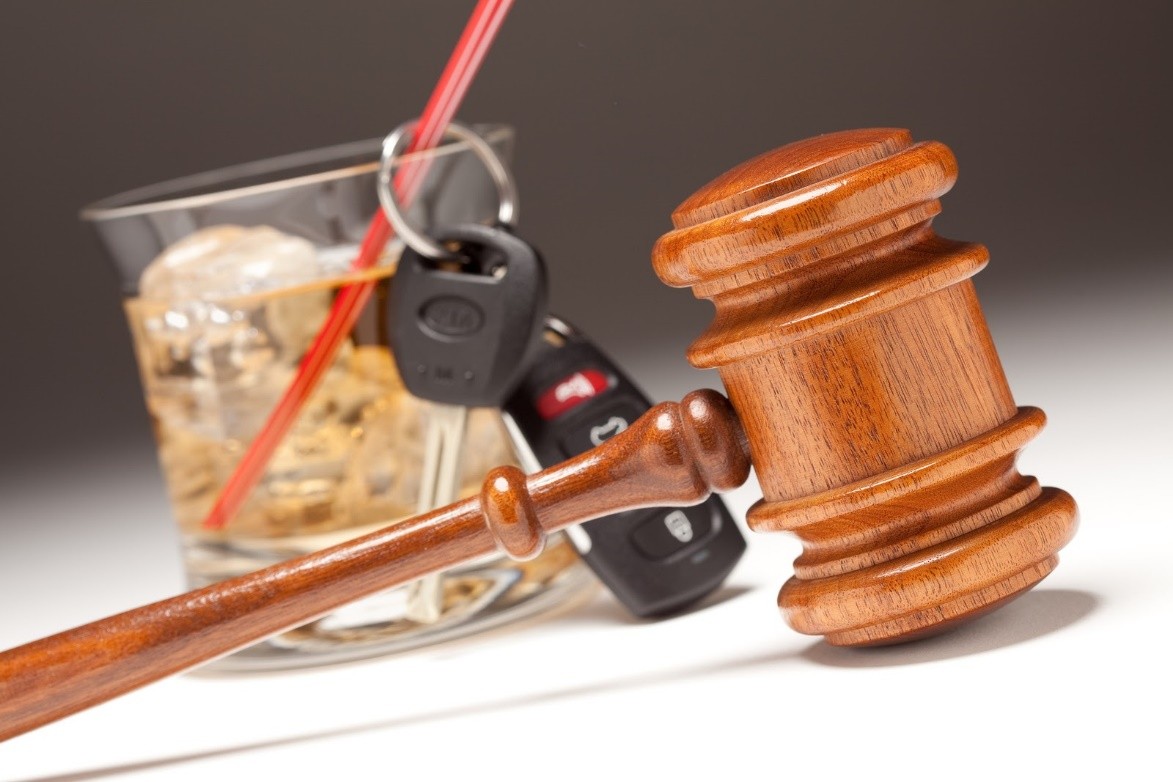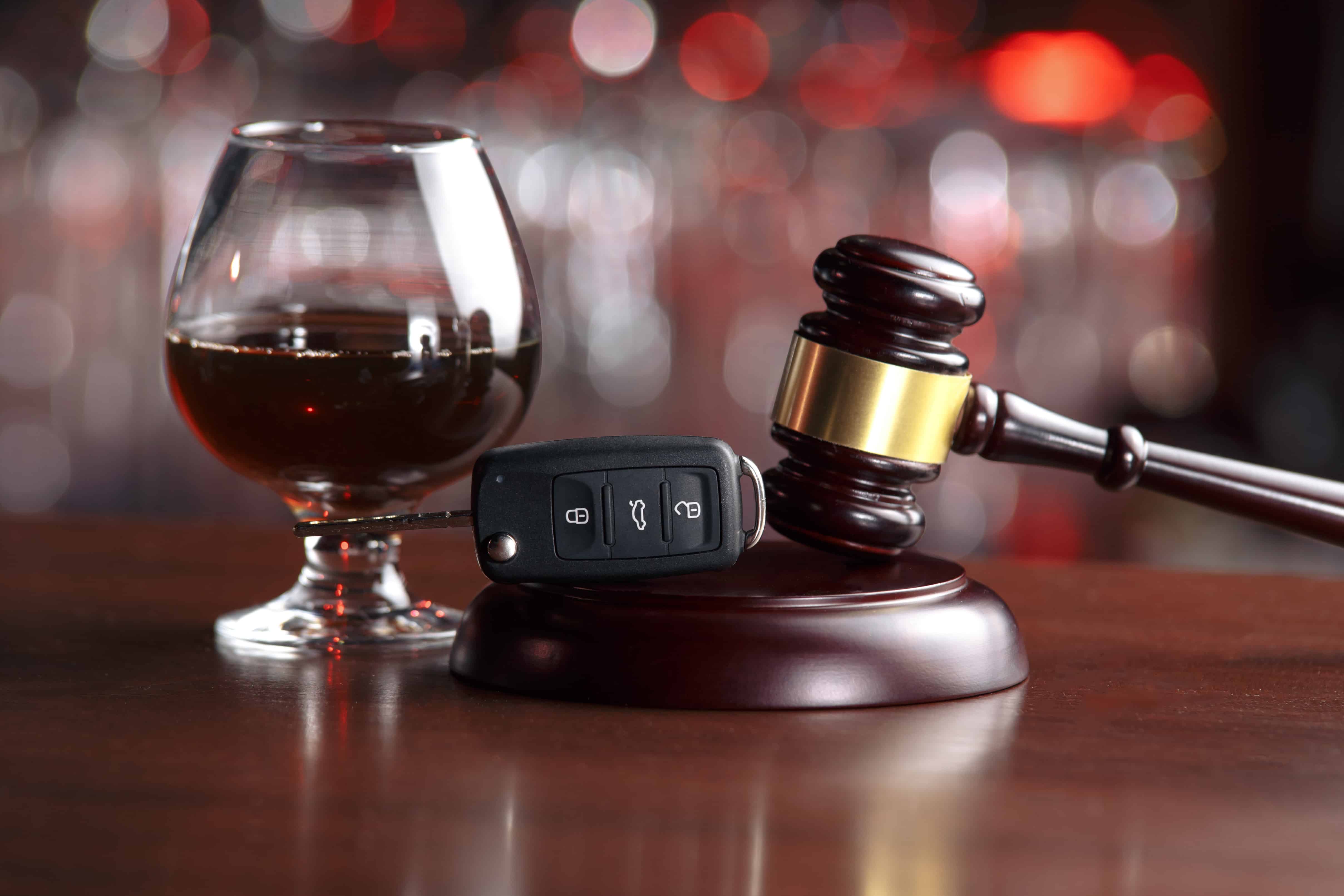Introduction
Driving under the influence (DUI) and driving while ability impaired (DWAI) are serious offenses with severe legal consequences. These charges are associated with operating a vehicle while impaired by alcohol or drugs, and they pose significant risks to public safety. In this article, we will delve into the details of DUI and DWAI, their legal implications, and the steps you can take if you find yourself facing these charges.
The Difference Between DUI and DWAI
DUI and DWAI are distinct charges, with variations in the degree of impairment and the severity of legal consequences. Generally, DUI charges are learn more serious than DWAI charges. DUI typically refers to driving with a blood alcohol concentration (BAC) above the legal limit, while DWAI refers to operating a vehicle with a BAC below the legal limit but still impaired.
Legal Limits and Testing
To determine whether an individual is driving under the influence, law enforcement relies on various tests and measurements. Breathalyzers, blood tests, and field sobriety tests are commonly used to assess impairment. In many jurisdictions, the legal BAC limit is 0.08%, and surpassing this threshold can lead to DUI charges.
Consequences of DUI and DWAI
The consequences of a DUI or DWAI conviction can be severe and life-altering. Legal penalties often include fines, license suspension, mandatory alcohol education programs, community service, probation, and even jail time. Repeat offenses and aggravated circumstances can result in enhanced penalties, making it crucial to understand the potential consequences fully.

Impact on Insurance and Employment
A DUI or DWAI conviction can have lasting effects on your insurance rates and employment prospects. Insurance companies typically view such charges as an increased risk, leading to higher premiums or even policy cancellation. Additionally, certain employers, especially those with strict driving policies or job requirements, may consider a DUI or DWAI conviction as grounds for termination or disciplinary action.
Legal Defense Strategies
When facing DUI or DWAI charges, it is essential to seek legal representation to protect your rights. An experienced attorney can help navigate the legal process and build a strong defense. Defense strategies may involve challenging the validity of tests, questioning the legality of the traffic stop, or presenting alternative explanations for observed impairment.
Seeking Rehabilitation and Support
In addition to legal consequences, individuals charged with DUI or DWAI should also consider seeking rehabilitation and support. Substance abuse counseling and treatment programs can help address underlying issues and minimize the risk of future offenses. Support groups and organizations can provide guidance, resources, and a network of individuals who have faced similar challenges.
Conclusion
Driving under the influence (DUI) and driving while ability impaired (DWAI) are serious offenses with severe legal implications. Understanding the differences between the charges, legal limits, testing methods, and potential consequences is crucial. If you find yourself facing DUI or DWAI charges, it is vital to seek legal representation and explore rehabilitation options. By being informed and proactive, you can navigate this challenging situation with greater confidence and improve your chances of a positive outcome.

